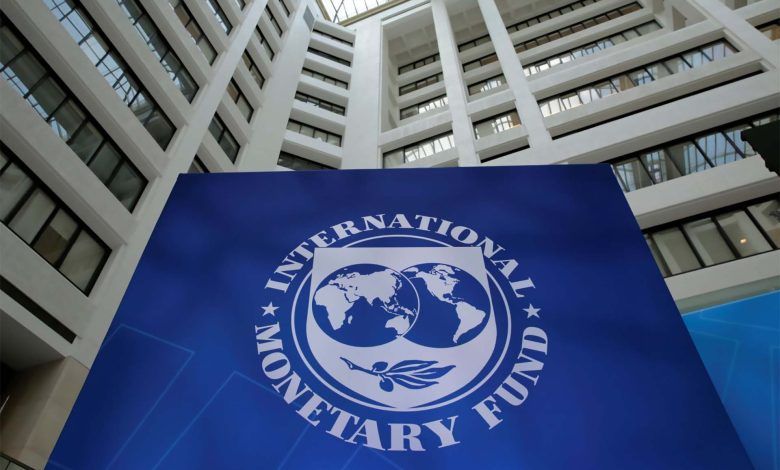
Nigeria is on track to settle its Rapid Financing Instrument (RFI) debt with the International Monetary Fund (IMF) by 2029, according to the latest repayment schedule released by the Fund.
The loan, totaling 2,454.50 million Special Drawing Rights (SDRs) approximately $3.32 billion at the current exchange rate of SDR1 to $1.35404 as of May 1, 2025 was disbursed in full on April 30, 2020. It was approved under the IMF’s emergency response measures to assist countries facing urgent balance of payments pressures amid the COVID-19 crisis. At the time, Nigeria was grappling with plunging oil prices, a recession, and intensifying fiscal constraints.
The repayment plan is structured over a five-year period starting in 2025 and ending in 2029. In 2025, Nigeria is due to repay a final principal installment of SDR 306.81 million, along with charges and interest of SDR 22.81 million, bringing the total due for the year to SDR 329.62 million or roughly $446.21 million at prevailing rates.
From 2026 through 2029, the country’s obligations will mostly involve interest and service charges, estimated at around SDR 26.7 million annually equivalent to about $36.14 million each year. Altogether, Nigeria is expected to repay SDR 436.42 million over the five-year period, amounting to roughly $590.78 million in U.S. dollar terms.
This follows a sharp surge in debt servicing to the IMF in 2024, when Nigeria paid a total of $1.63 billion entirely in principal repayments, with no charges or interest included. This single-year repayment accounted for 35% of the country’s total external debt servicing of $4.66 billion for 2024, up from $3.5 billion in 2023. Multilateral creditors took the largest share, receiving $2.62 billion, or 56% of total payments. The IMF alone received 62% of payments made to multilateral institutions.
Consequently, Nigeria’s debt to the IMF dropped significantly from $2.47 billion in 2023 to $800.23 million in 2024, a steep reduction of 67.6%, reflecting the impact of the large principal repayment.
The 2020 RFI disbursement was notable not just for its size, but also for its rapid approval and minimal conditionality setting it apart from traditional IMF arrangements that often involve comprehensive reform requirements. Despite its flexible terms, the repayment obligations are binding, and Nigeria’s continued adherence to the schedule is viewed positively by international investors and multilateral partners.
Since receiving the emergency loan, Nigeria’s economic landscape has shifted considerably. Under President Bola Tinubu’s administration, major reforms have been introduced, including the unification of the exchange rate system, the elimination of petrol subsidies, and enhanced revenue collection efforts through improved tax administration.
These measures aim to rebuild fiscal buffers, promote macroeconomic stability, and boost investor confidence. So far, the impact appears cautiously positive. The World Bank projects Nigeria’s GDP to grow by 3.6% in 2025, slightly higher than the IMF’s estimate of 3.0%. Inflation remains high but has shown signs of easing, falling to 24.23% in March 2025. External reserves have also improved, buoyed by higher oil exports and remittance inflows. The country’s current account balance is expected to return to surplus by 2026.
The IMF has recently commended Nigeria for maintaining macroeconomic discipline and continuing with its reform agenda, though it stressed the need for further policy consistency to sustain gains.
Successfully completing its IMF loan repayments on schedule without seeking restructuring or refinancing would significantly boost Nigeria’s external credit profile, improve access to global capital markets, and enhance the country’s sovereign risk perception.
Nonetheless, challenges remain. Global oil price volatility, potential domestic fiscal slippages, and persistent security issues could derail progress if not effectively managed. Still, with committed policy execution and sustained external support, Nigeria appears well-positioned to conclude this critical chapter in its post-pandemic recovery by 2029.





